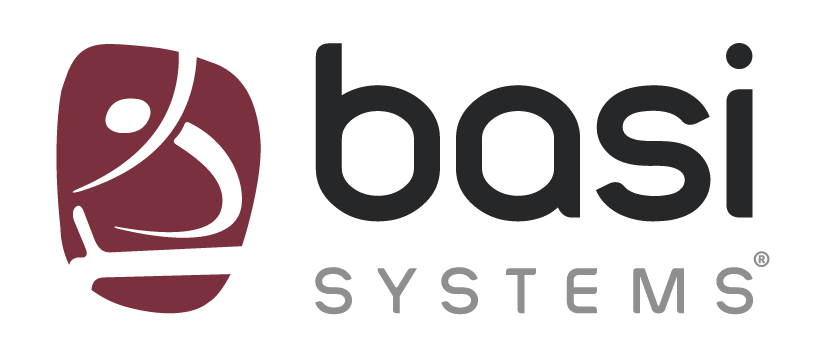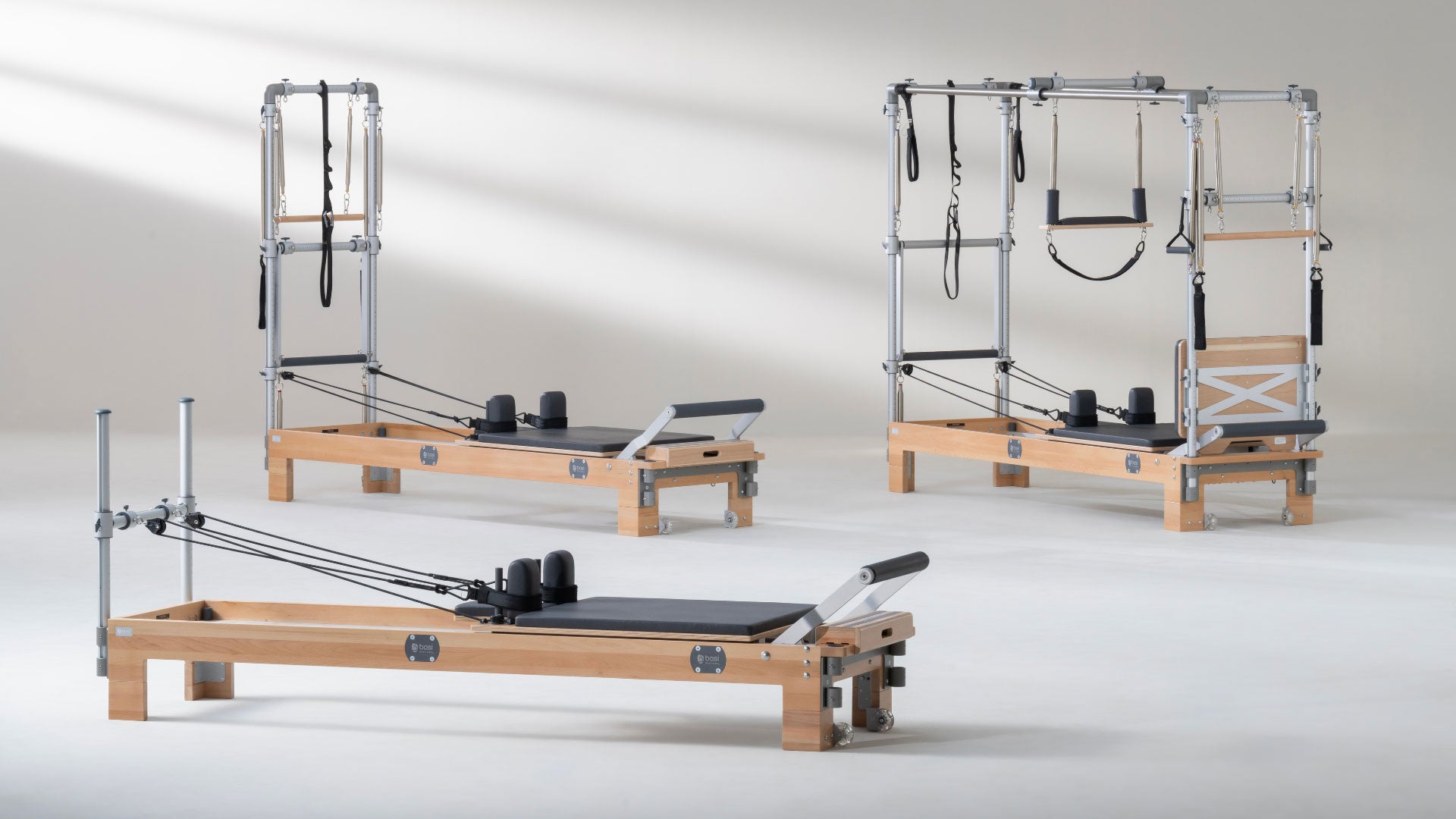You're an expert in Pilates—but starting and building a successful Pilates business requires just as much knowledge about legal, financial, and business details as it requires knowledge of Pilates and anatomy. By taking the right steps now to build a strong business foundation, you can grow your business with fewer liability risks, less cash flow turbulence, and more time and attention for your Pilates sessions. Check these seven business considerations off your to-do list as you prepare to open your doors.
Choosing a Business Structure
Business structures protect you and your personal assets by creating a clear division between you and your business. If your business takes on debt, faces a lawsuit, or has a hefty claim that insurance won't cover, setting up the right business entity can shield you and your family. There are three common options:
- Sole proprietorship: This is the simplest option, and it is almost a default setting for any new business. However, it offers very few protections and doesn't really separate "you, the individual" and "you, the business owner."
- Partnership: Partnership arrangements delineate shared responsibilities, profits, and ownership. You may also have greater access to loans and funding. However, they can be difficult to dissolve.
- Limited Liability Corporation (LLC): The key advantage is that you have limited liability; the structure provides a lot of protection. You can also easily set up pass-through taxes on profit, though owners will need to pay self-employment taxes.
Licensing & Certification Requirements
There are also certain paperwork requirements you'll need to complete before you can open your Pilates business. These fall into three categories:
- Building: Your studio will need to have the appropriate health department regulatory paperwork, and the building may need to have been inspected for compliance with zoning and accessibility requirements.
- Business: Make sure you have all your business paperwork filed and that your business insurance is active.
- Pilates: Hold active Pilates instructor certifications so you can advertise your credentials and provide specialized services.
Insurance Considerations
Every business needs business insurance, and Pilates business owners need more coverage than many other small businesses. The minimum coverage you need includes:
- General liability insurance
- Professional liability insurance (especially for rehabilitation sessions and medical services)
- Property insurance
- Workers' compensation insurance
Financial Planning and Management
For new businesses, cash flow is often more important than true profits. Create a detailed business plan so you can forecast anticipated costs (including rent, equipment, marketing, and so on) and move forward confidently if you're asking for funding or loans.
Once you know your anticipated costs, do market research to learn about the average cost of Pilates sessions in your area. Then, you can set the prices for your classes, open studio time, and private Pilates sessions. Keep detailed records so you can monitor revenue and cash flow.
Contracts and Waivers
There are four main types of contracts you'll need when you first open your Pilates business doors:
- Employment or contractor contracts if you're hiring staff
- Client contracts, including waivers for injuries or damage
- Equipment rental contracts or purchase agreements
- Your commercial lease
If possible, have a lawyer review these documents with you so you can move forward with confidence. A lawyer can revise templatized documents to protect your business, help you understand the details of commercial contracts, and give you legal advice for your specific state.
Recordkeeping and Compliance
Take time at the start to build organized systems for client records, financial statements, contracts, equipment maintenance, and more. All of this information can quickly get out of hand without the right systems for maintaining records and holding onto documentation. You may also have compliance obligations such as licensure and continuing education, data privacy requirements, and contract renewals.
Scaling and Expansion
Finally, consider the future. Do you want to expand your business into multiple studios? Do you want to build a franchise? Start considering your business's future paths and research the legal and financial requirements. Knowing the particulars can help you start building a bigger foundation as your studio becomes established.
Successful Pilates Businesses Need a Stable Foundation
Having the right equipment is just as important as having the right studio building and business plans. At BASI Systems, we provide our clients with access to high-quality Pilates equipment so you can grow your business and offer more Pilates services. Contact us today to learn more, or browse through our equipment to add the details to your financial plans. If you’d like to order directly from the U.S., you can connect with or shop with us via our official U.S. store, Bodyworx.





Share:
BASI Systems CEO honored with Dual Awards at 2024 CEO Awards
Transitioning Your Studio Classes for the Autumn Season